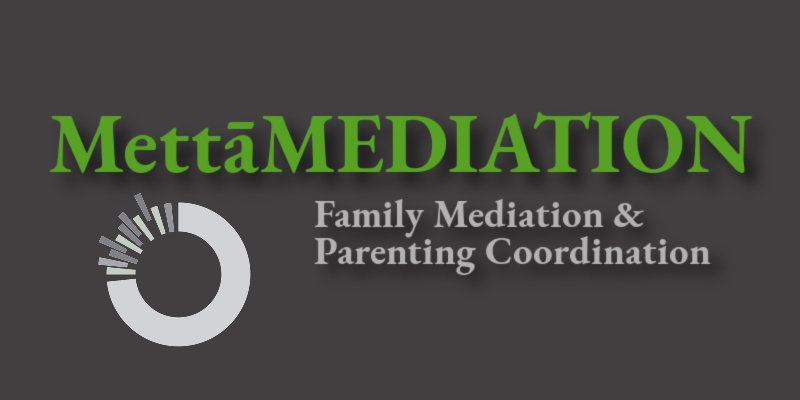On the importance of understanding the PC Agreement
Parenting Coordination is a dispute resolution process designed primarily for parents who experience frequent or protracted disputes around parenting….
The terms of the relationship between the Parenting Coordinator and the parents are set out in the Agreement for Parenting Coordination Services and Arbitration ("PC Agreement")…
If you are a parent about to enter into the PC process, it is fundamentally important that you review thoroughly and understand the terms of the PC Agreement.
What if one of the parties disengages during the mediation, as in “checks out”?
Mediation can be a challenging process ~ and this is particularly true of Family Mediation, where feelings are often frayed, and there is little trust to speak of. Separation frequently brings the most raw of emotions to the surface, and tempers have a tendency to flare when difficult subjects need to be addressed.
Family Mediation is a process during which conversations about challenging subjects are encouraged and importantly, in this context, they take place in a moderated, structured setting that permits a respectful dialogue, giving each side an opportunity to say their piece. Whether a mediation takes place in a single session or over the course of multiple meetings, the process can be draining and sometimes it may feel like no progress at all is being made.
The concept of “fair”
As a starting point for our discussion, here is the definition of “fair” as an adjective - from the Oxford Languages Dictionary - “impartial and just, without favouritism or discrimination.”
When I mediate, in fact in my early screening meetings, I am often assured by the person I am speaking with that they “only want to be fair”. Sometimes, the comment is made in a pleading way, with a measure of frustration that efforts made so far to settle have brought no results. Why is that the case, the person asks - after all, what I am proposing is nothing other than “fair”.
No offers, no deal
Let’s set the scene: you have 4 hours set aside with a family mediator. You and your ex have had a bad, bad breakup with lots of acrimony, anger and mistrust. In two weeks, you will be going to trial - an expensive and emotionally exhausting process that will polarize you and your ex, parents of two children, even further. The mediator has rolled up her sleeves and is ready to help you both walk through the door of settlement. The parties and their lawyers are sitting at the negotiating table (in person or virtually) - what next? Someone needs to make the first offer. Is that you?





